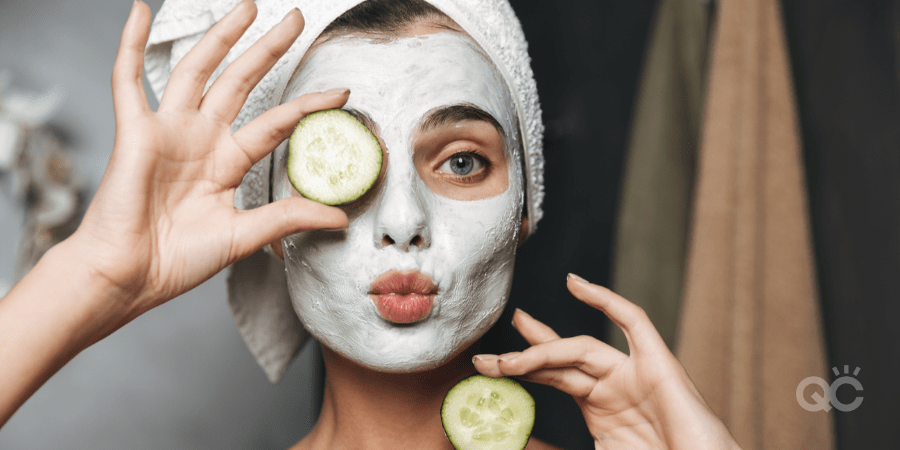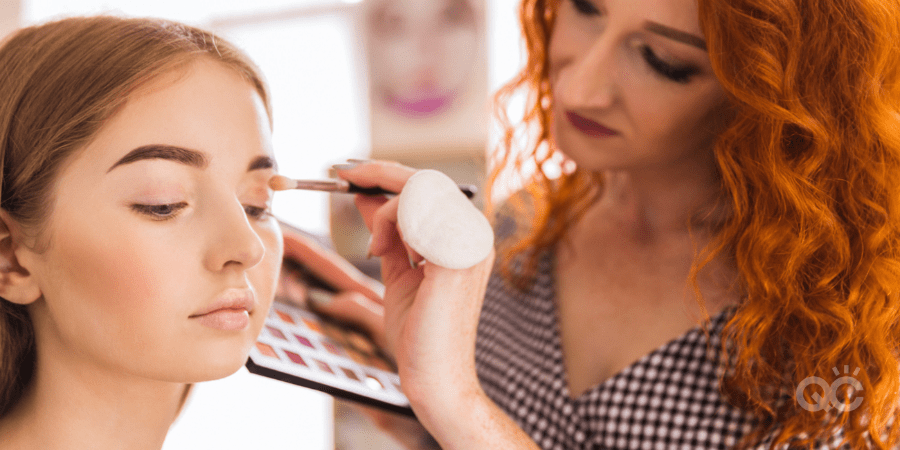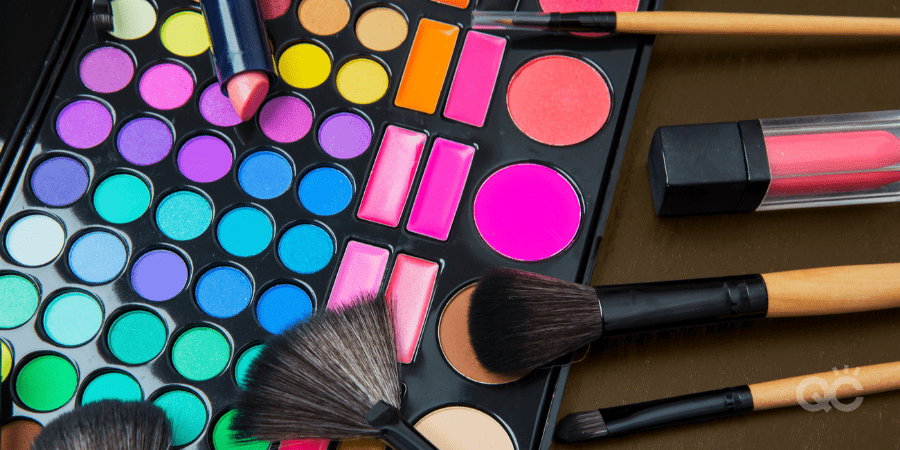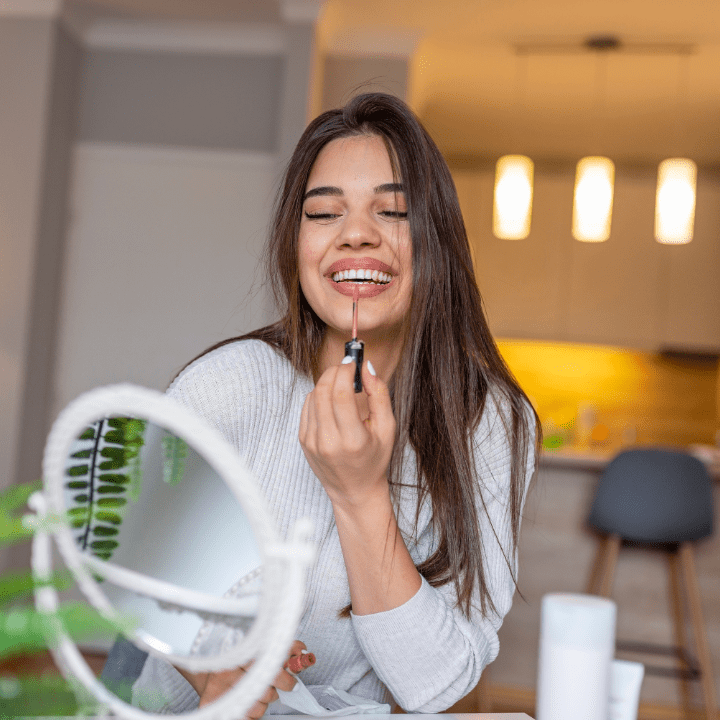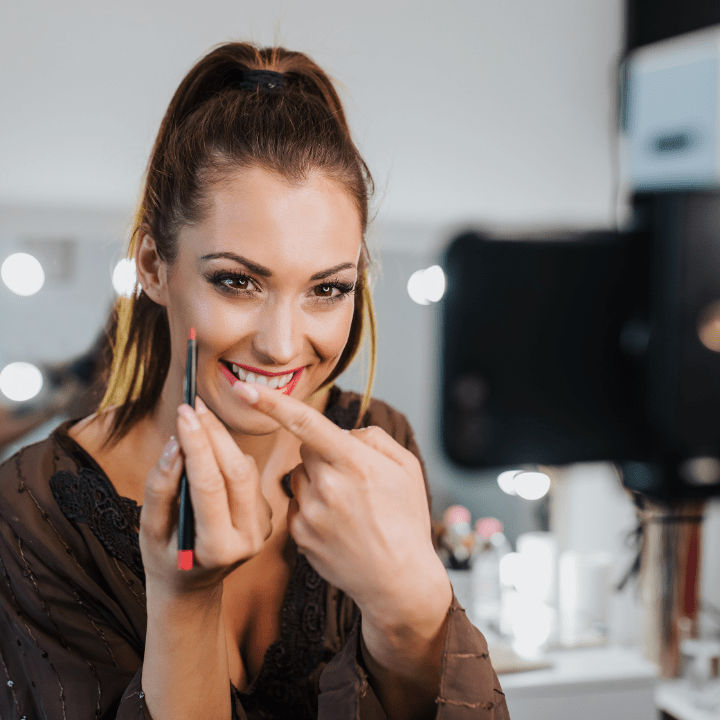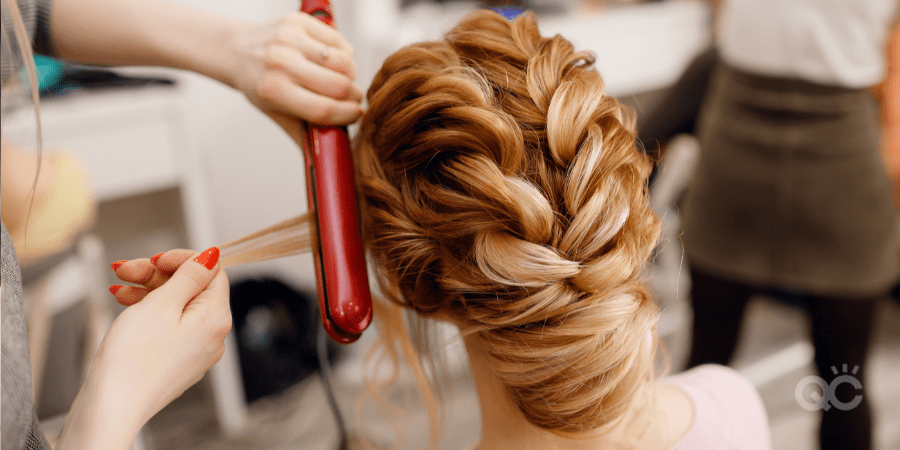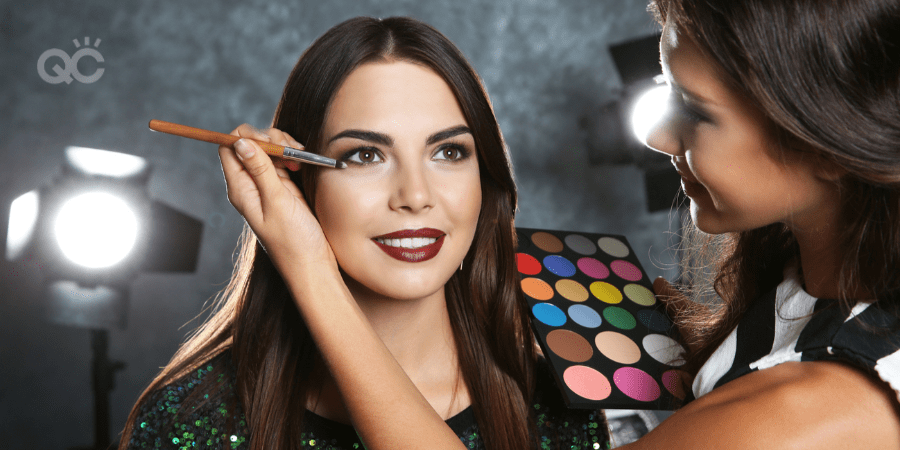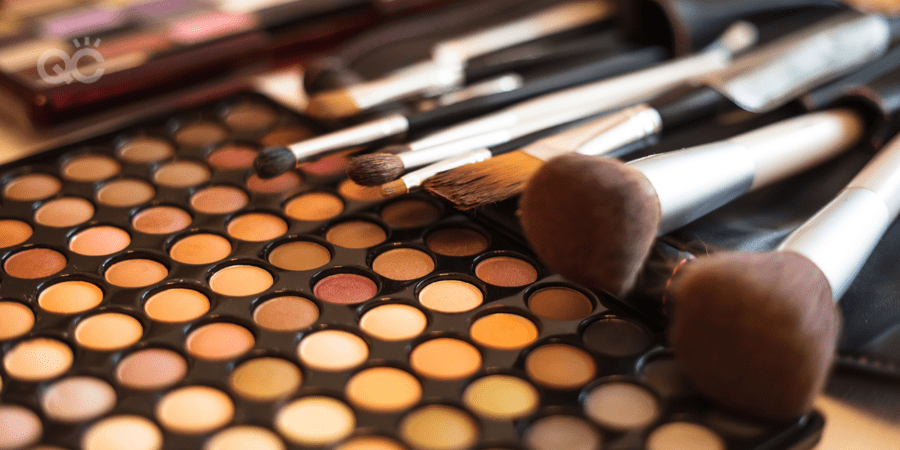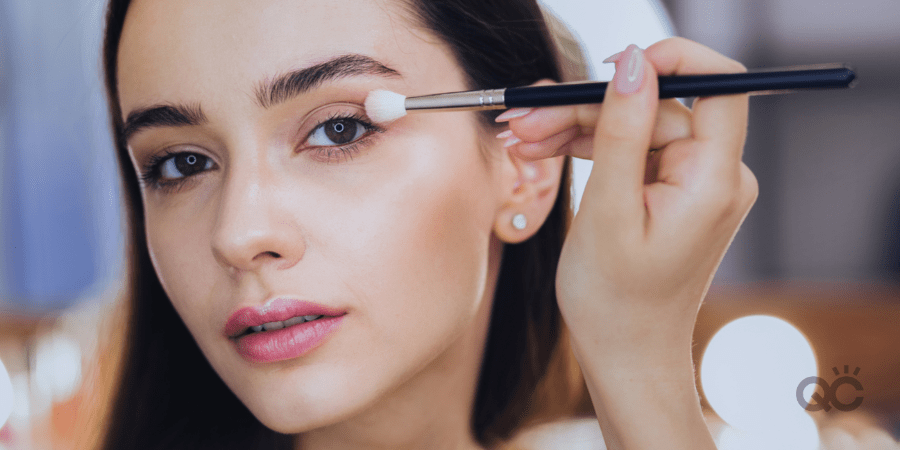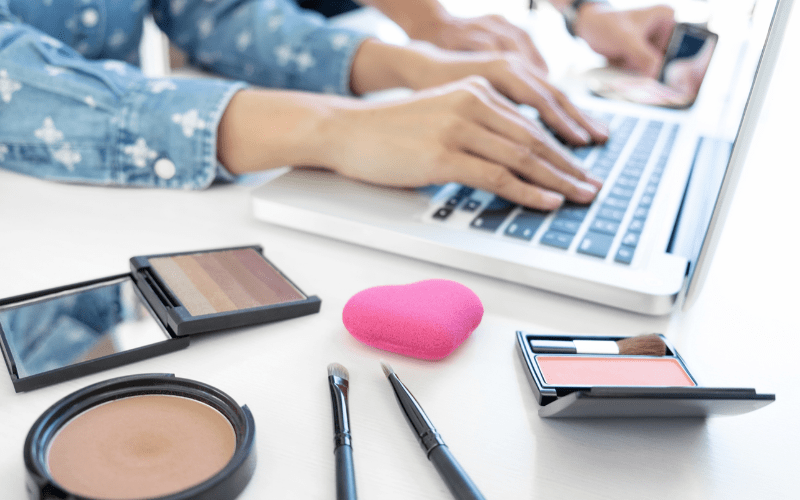
Winter can be a truly beautiful time. Unfortunately, depending on where you live, it can also be downright awful. All those cold winds, freezing temperatures, and snowy days are just the worst sometimes. If you live somewhere where the air hurts your face, you have to work extra hard to make sure your skin doesn’t suffer due to the weather!
Winter skin is often times unhappy skin: dry, irritated, raw, and itchy. But it doesn’t have to be! Here are 6 tips you can follow to bring the summer back to your skin, even in February!
1. Get rid of fragrance-filled beauty products
Whether it’s your soap, moisturizer, etc. if the product has a scent, it could be packed with irritating chemicals and ingredients. Fragrance ingredients in skincare and makeup products are one of the biggest reasons why people’s skin reacts negatively, such as with allergic reactions, redness, itchiness, rashes, etc. These are already problems that your skin has to face from the winter season alone… Your skincare products shouldn’t make it worse!
Instead, you should opt for natural, fragrance-free products – especially for whatever cleansers/soaps you use to wash your face. The ingredients are way safer for your skin, with far gentler cleansing effects. Just be careful that you read the label of your products carefully, and specifically choose “Fragrance-Free” instead of “Unscented”.
Remember:
- Fragrance-Free = no fragrance materials or scent chemicals are in the product, while
- Unscented = it doesn’t have a scent, but it still contains specific chemicals that are meant to neutralize odors
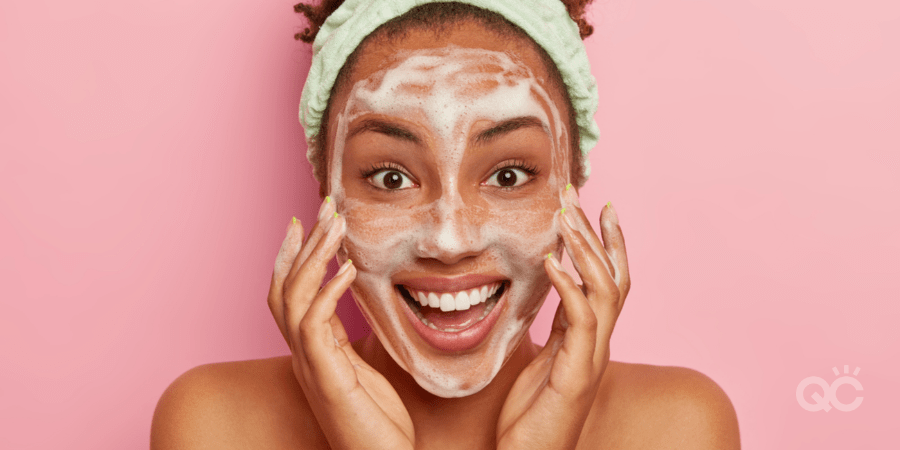
2. Don’t neglect your sunscreen
Wait, sunscreen in winter? You betcha! Even though it’s overcast most of the time in winter, the sun still exists behind those clouds. While that could be used as some sort of inspirational, motivating catchphrase, when it comes to your skin, this spells danger. You see, there are 2 culprits behind those dreaded UV rays: UVB and UVA.

While it’s true that UVB is weaker during the winter (thanks to cloudy weather), UVA is just as prevalent in the winter as it is during the summer. UV rays are at their strongest in the summer, but they’re only just a little less strong during the colder months. Basically: we always should wear sunscreen.
Always use sunscreen with an SPF of 15 or higher. If you’re worried about it making your face extra chilly when you step outside, simply remember to put it on a few minutes before you leave the comfort of whatever warm room you’re in. Give it a few minutes to soak into your skin, and you should be fine!
3. Use the right moisturizing products
Remember: you live in an area where the wind hurts your face. Anytime you expose your skin to the winter weather, it’s getting dried out unless properly protected. Not to mention, we often combat the outside cold by keeping our homes super warm. The startling contrast between the two is going to cause your skin some confusion.
So don’t forget to moisturize! Doing so morning and night will help lock in your skin’s natural moisture, and keep it better shielded from the seasonal ailments. For your day moisturizer, it never hurts to use a product that – like your sunscreen – contains SPF. In the evening, apply a richer night cream. It’s thicker, will provide better coverage throughout the night.

4. Create the right environment at home
As the song goes, the weather outside if frightful… But is the fire at home so delightful? Sure, but what about when the heat is also cranked all winter long? In our attempts to stay warm, it’s easy to inadvertently turn the inside of our home into the Sahara desert for our skin. While you can use the right beauty products, as we discuss above, what about measures you can take in the home itself?
For starters, you can help keep your skin healthy and happy during the winter by increasing the moisture in the air. This can be done by using devices such as a humidifier. While you don’t need a humidifier in every part of your house, it would be worth it to at least place one in a room or two where you tend to spend the most time (such as your bedroom).
Bonus: Keeping a humidifier in your room during the winter will also help reduce your likelihood of getting a dry, sore, and scratchy throat. Double the win!
Other than that, the biggest piece of advice we can give is simple: turn down the heat in your home. No, we aren’t suggesting you shiver and suffer, just so your skin can be a little less dry. We’re saying that realistically, you’ll probably be okay if you lower your thermostat by just a few degrees, and supplement the heat by wearing layers, using blankets, etc.
5. Stay hydrated
As always, your overall health is always what comes first! So here’s a fun little fact: water is practically a superfood for your skin.
When you don’t drink enough water, your skin struggles to retain its natural moisture because you start to become dehydrated. The more dehydrated you are, the less elasticity your skin has. This can lead to things like wrinkles.

If you’re prone to oily skin, water is one of your best friends. Dehydration can also lead to even oilier skin than usual, because you don’t have the water needed in the body to flush out all those unwanted toxins. It’s also the culprit of pimples and breakouts! Water is essential for our body’s ability to generate new skin cells, which is part of how we heal. Without water to keep our skin hydrated, how can it fight off the bacteria that causes acne?
While the amount of water you should drink varies from person to person, medical professionals state that we should drink at least 8 glasses a day. If you’re not used to drinking that much water, it might be a little tricky at first. If you need help remembering, you can always set yourself an alarm to remind you to drink some water, because remember: hydrated skin is happy skin!
6. Become a skincare professional
What better way to learn the ins and outs of skincare than to study it and become a certified skincare expert? You don’t need to pay an arm and a leg to go to an Esthetics school, either. Some of the best makeup schools (both online and brick-and-mortar) offer outstanding skincare courses that can earn you accredited certification upon graduation.
Keep in mind that whatever career you’d want to pursue in the skincare industry might affect the type of certifications you’ll need. But for example, QC Makeup Academy offers a comprehensive Skincare Consultant course that can prepare you to be:
- A freelanced, independent Skincare Consultant
- A Consultant for companies like Sephora, and other makeup beauty counters
- Bridal Beauty services
- And much more!
It can also open the door to continued learning in makeup artistry and a professional career as an MUA, if such a thing interests you!

The best part is, you can earn your Skincare Consultant certification in as little as 3 months. You could quite literally start your skincare course, work as hard as possible, and become a certified professional before 2020 is even over!
Then you could earn a living making sure everyone’s skin is happy and healthy – not just during the winter, but ALL year round!

